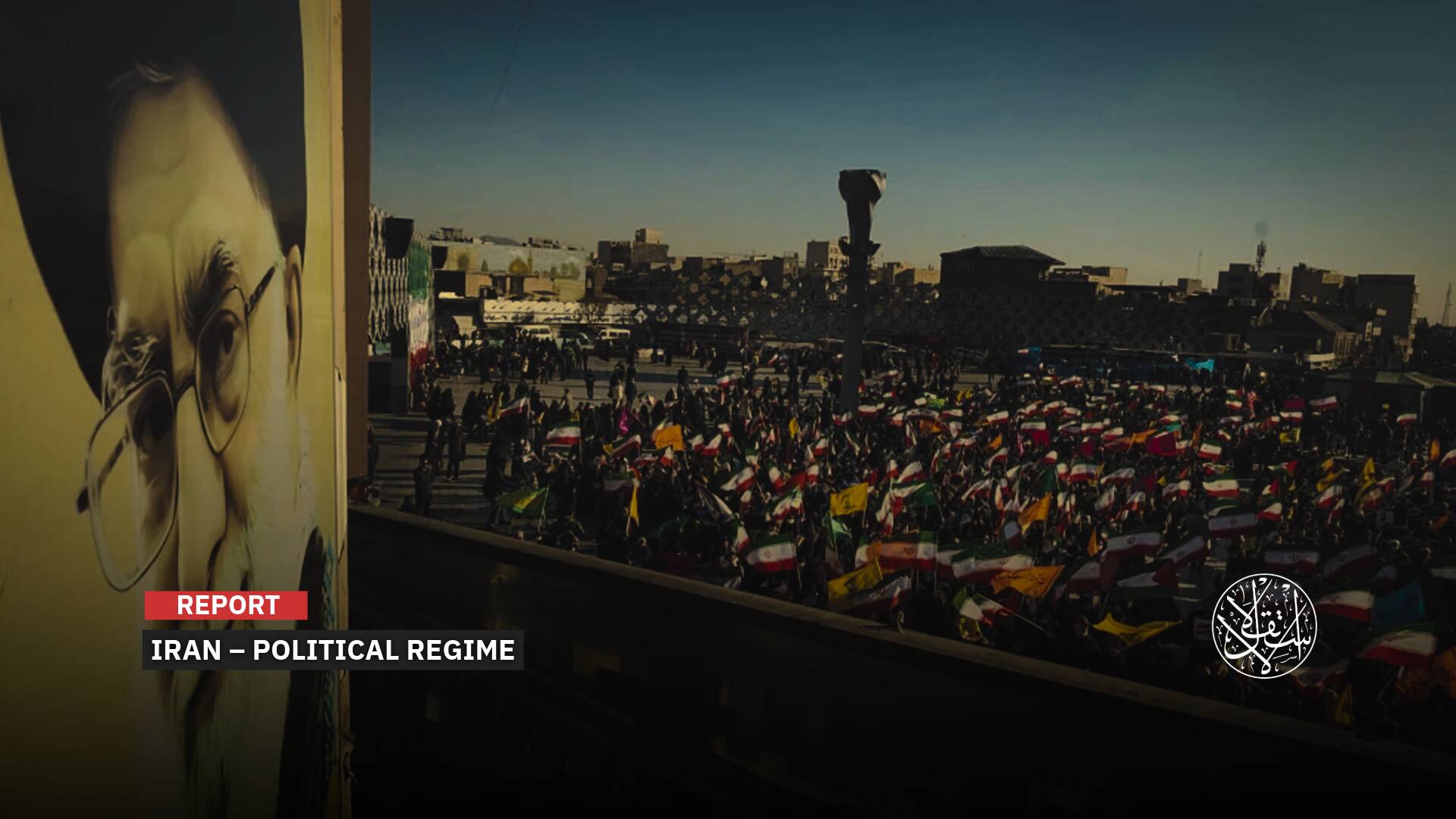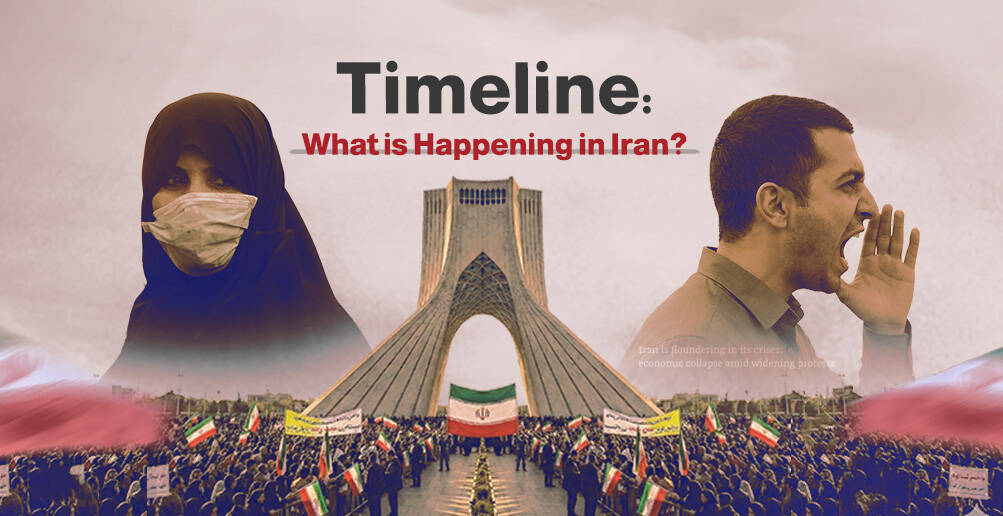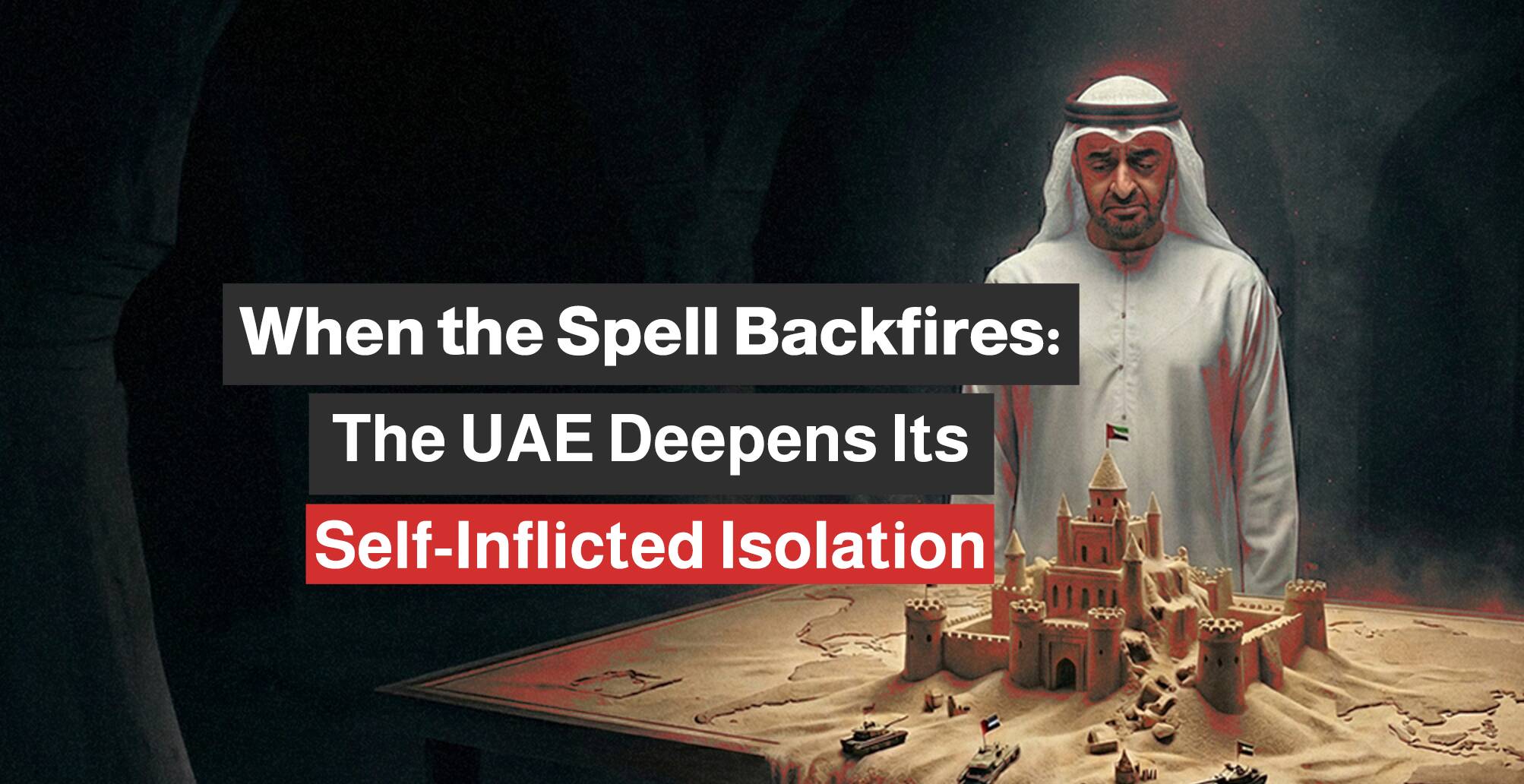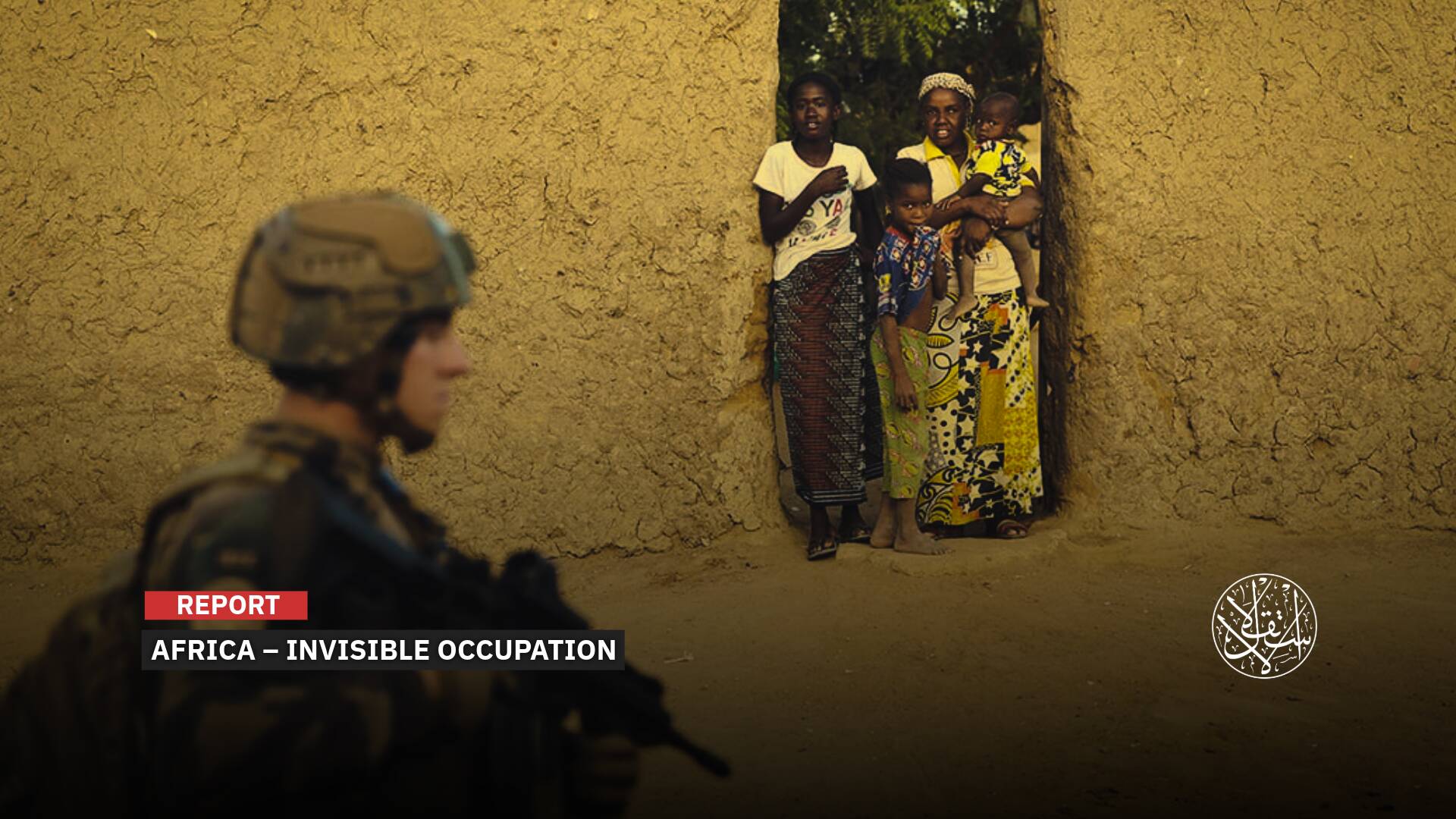How Is Germany Suppressing Palestinian Activism While Receiving Netanyahu?

On March 16, a Palestinian activist faced trial in Berlin, accused of defying a police ban on protests last year on Nakba Day, the anniversary of the mass displacement of Palestinians in 1948.
The activist, who was not identified by name, was one of several people arrested on May 15, 2020, when Berlin police prohibited any demonstrations marking the event, citing public health concerns amid the coronavirus pandemic.
He told the court that he was not part of any protest but was simply wearing a keffiyeh, a traditional Palestinian scarf, as a sign of his identity. He denied the police report that claimed he had ignored an order to leave the area.
Sixth Case
Two other cases against activists who were arrested on the same day were dropped last month and this week after they argued that they were not involved in any demonstration either.
One of them was an American Jewish anti-fascist who said he was just curious about the situation. The other was a German who said he was carrying a wrapped Palestinian flag to return it to a friend.
The trial coincided with a visit by Prime Minister Benjamin Netanyahu of Israel to Germany, where he met with Chancellor Angela Merkel to discuss regional issues and seek her support for Israel.
Netanyahu has faced criticism from human rights groups and some European leaders for his policies toward the Palestinians, including expanding settlements in the occupied West Bank and annexing parts of it.
The police ban on Nakba Day protests last year sparked outrage among pro-Palestinian groups and civil liberties advocates, who accused the authorities of violating their right to free expression and assembly.
They also pointed out that other protests, such as those against lockdown measures, were allowed to take place with fewer restrictions.
Nakba Day, which means “catastrophe” in Arabic, commemorates the expulsion and flight of hundreds of thousands of Palestinians from their homes during the war that followed the creation of the state of Israel in 1948.
Many of them and their descendants still live as refugees in neighboring countries or under Israeli Occupation. Palestinians and their supporters hold rallies and vigils every year on May 15 to demand their right to return to their ancestral lands.

Criminalizing Protests
In Germany, where the government has often cracked down on pro-Palestinian demonstrations, 12 activists are challenging the authorities in court for fining them after they defied a ban on such protests.
The activists were among 115 people arrested by the Berlin police on May 15, 2023, when they marched through the immigrant neighborhood of Neukolln wearing keffiyehs or carrying Palestinian flags.
The police had prohibited any rallies in solidarity with Palestine that month, citing public health and security concerns.
The ban also affected a planned protest by the Jewish Voice for a Just Peace in the Middle East, which was organized after the Israeli forces’ killing of Shireen Abu Akleh, a Palestinian journalist, on May 11.

Most of the arrested activists paid fines ranging from 50 to 500 euros (about $57 to $570), but 12 of them refused and decided to appeal their cases. They formed a group called Berlin for Palestine and issued a statement denouncing the ban as a violation of their democratic rights and an expression of Germany’s complicity in the oppression of Palestinians.
“This is an escalation of the criminalization of solidarity with Palestine by the Berlin government,” said one of the activists, who asked not to be named for fear of reprisals. “We will not be silenced.”
The group’s lawyer, Andreas Schuller, said he expected the first hearings to take place in early 2024. He said he hoped the court would recognize that the ban was disproportionate and unlawful.
“The right to assembly and freedom of expression are fundamental rights in Germany,” he said. “The police cannot just ban demonstrations because they don’t like their political message.”
Systemic War
Germany has been cracking down on pro-Palestinian activists and journalists in recent years, accusing them of anti-Semitism and posing a threat to national security.
Several cases have drawn attention to the plight of Palestinians living in Germany who face discrimination and censorship for expressing their views on the Israeli Occupation.
One such case is that of a Palestinian man who applied for permanent residency in Germany in 2022, only to be ordered to leave the country because he had participated in peaceful demonstrations in solidarity with Palestine.
He was not alone. In 2019, Khaled Barakat, a Palestinian writer and activist, was detained and banned from speaking at a symposium in Berlin. His residence permit was not renewed, and he was given a month to leave Germany.
The authorities claimed that he was involved in “anti-Israel” activities and that they had to protect the German people from him. He was also prohibited from attending any family gathering with more than ten people.
Another example is Maram Salim, a Palestinian journalist who worked for Süddeutsche Zeitung newspaper.
She was fired from her job after she posted on her Facebook page that she had encrypted or deleted some of her posts out of fear of censorship.
Her employer assumed that she must have written something anti-Semitic and then erased it, so they labeled her as an anti-Semite.
Dr. Nima al-Hassan is a German-born Palestinian–Lebanese doctor who has won several prestigious awards. She became the target of a smear campaign after a photo report from 2014 showed her wearing the hijab and the Palestinian keffiyeh at a march for Jerusalem solidarity in Berlin.
The photo resurfaced in a local newspaper seven years later, sparking a vicious backlash against Al-Hassan for her alleged “anti-Semitism.” Her apology for joining the march did not stop the defamation campaign against her.
These are just some of the stories of Palestinians living in Germany who face harassment and intimidation for expressing their solidarity with their homeland.
They raise questions about the limits of free speech and civil rights in Germany when it comes to criticizing the Israeli Occupation’s policies.

No Palestinians Allowed
In a move that drew criticism from human rights advocates, the German parliament passed a resolution that denounced the Boycott, Divestment and Sanctions (BDS) movement as anti-Semitic and called for cutting off funding to groups that support it.
The resolution also effectively outlawed the commemoration of Nakba Day, the annual event that marks the displacement of Palestinians after 1948, and banned protests and displays of solidarity with the Palestinian cause.
Germany is one of the largest donors to the Palestinian Authority, but its aid is conditioned on the authority’s compliance with the Oslo Accords, which established a framework for Israeli–Palestinian negotiations.
Tarik al-Baynony, a Palestinian activist, said to Al-Estiklal that Germany’s stance is influenced by its close ties with the Israeli Occupation and its historical guilt over the Holocaust.
“While Germany claims to be a champion of human rights around the world and imposes sanctions on countries that violate them, it shows hypocrisy for restricting the freedom of expression and assembly of those who peacefully advocate for Palestinian rights,” al-Baynony said.
“International human rights organizations have largely remained silent on Germany’s actions, which have led to cases of harassment and prosecution of German Palestinians and their supporters for activities such as ‘liking’ posts on social media,” he added.
“Nowadays, Germany has removed any mention of Palestine in its schools’ curriculum, and it does not allow Palestinian kids to identify themselves as Palestinians.
“They force Palestinian children to adopt the Israeli Occupation’s narrative, wiping out the kids’ whole existence as Arab Palestinians, something that is considered similar to the European inquisitions,” he concluded.










